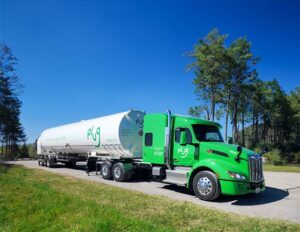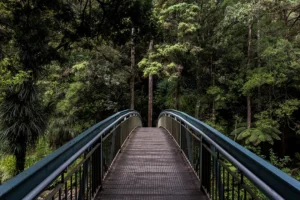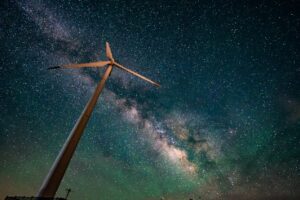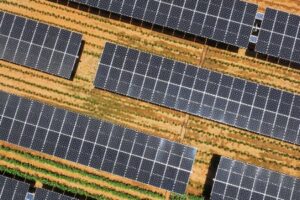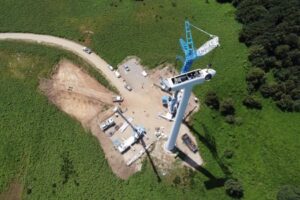Nissan’s Chinese joint venture launches first hydrogen fuel-cell car — but it will not be cheap

Chinese automaker Dongfeng Nissan has unveiled its first hydrogen-powered car, a fuel-cell version of its V-Online or “Big V” SUV under the Venucia brand — with no intention to immediately sell it to the general public.
Rather, the firm, in which Japanese auto giant Nissan holds a 50% stake, reportedly plans to first demonstrate the fuel-cell electric vehicle (FCEV) commercially in the northern Huadu district of Guangzhou, Guangdong province, China’s fifth largest city by population.
And while the company is expected to gradually start selling the car to individual drivers, at an eye-watering price of ¥998,800 ($137,511), no timeline on when these sales will start has been released.
The hydrogen-powered version of the Big V is reported to have a range of 500km and a fuel efficiency of 120km/kgH2.
The car is also reportedly verified as able to run in extremely cold conditions of between minus 40 and minus 60°C.
Dongfeng Motors, which owns the other half of Dongfeng Nissan, earlier this year formally launched its hydrogen fuel-cell business Dongfeng Qingzhou. The company says it has already sold more than 3,500 FCEVs to date, or around 30% of the hydrogen-powered cars on China’s roads.
Article continues below the advert
China is one of the few markets to have seen growth in fuel-cell vehicle sales, with Korean consultancy SNE Research counting 3,073 hydrogen-powered vehicles sold in this market between January to July, a 66.8% increase year-on-year.
Guangdong province — which borders Hong Koing and is China’s most populous region — alone targets 10,000 FCEVs served by 200 hydrogen refuelling stations (albeit not specifically supplied with renewable H2) — by 2025.
The regional government also aims to bring the pump price of hydrogen down to ¥30 ($4.13) per kg by that year.
